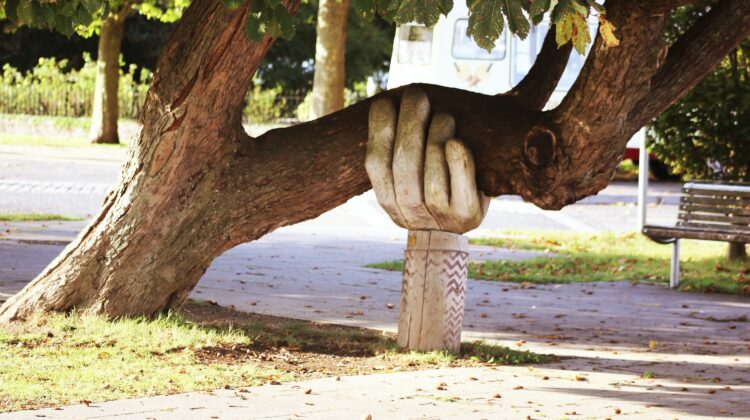
I am actively parenting again. This time it isn’t for a newborn, toddler, or teen, but for my mom who is approaching her late 80s. My mom’s need for care manifested itself slowly, niggling at my consciousness and keeping me awake at night. It began with random things: mixing up names, a new scrape on the car, forgetting a birthday, some physical challenges, and talking to herself.
I am fortunate to work at Sensible Financial, a place where people share ideas. Rick Fine has spent considerable time on this issue and offered a wonderful one. He suggested I contact an elder care manager for assistance. I took his advice and connected with a professional who works in this area and provided an amazing support system for me and my mom. This seasoned professional listened to my concerns, heard my observations, and translated them into actions. In addition, she was a second set of eyes and ears and drew on her experience with other elder clients to guide me. And since she wasn’t my mom’s ‘child’ she was a credible expert whose advice Mom accepted.
We have been working together now for over one year and I’d like to share a bit of this journey in case it can help a Sensible client or newsletter reader.
I’m worried. What’s the next step?
If your gut is screaming and you have seen things that worry you, your first instinct may be to make excuses for why something is happening. While this is human nature, I’d suggest acting quickly even if it is painful. Set up some neurological testing to see if there is a medical/physiological issue. Having the right data will help you formulate a plan.
One of my daily concerns was safety in the home since my mom was living alone. The care manager advised that a wearable medical emergency button would be a wise precaution. Although initially resistant to this idea, Mom became acclimated to wearing the pendant necklace and it offered me some comfort. At least if she fell, she’d get help fast. In addition, I took the usual steps of adding safety rails in the bathroom.
We needed to prioritize a few things and one of the earliest was driving. The safety of your loved one and others is vital. Some hospitals offer voluntary driving assessments. Be prepared, a doctor needs to refer your elder, there is a fee to participate, and your relative could lose her license. In the first session, an occupational therapist performs cognitive and physical evaluations along with driving simulation exercises at the hospital. If your elder passes this portion of the assessment he or she will be invited to have a road test in a driver’s education automobile. As you can imagine the ramifications are significant. Think ahead (short term and long term) about how you, and your extended family, might manage a situation where a loss of driving rights occurs. An elder care manager can offer ideas on possible solutions.
How do I choose the best place for my mom or dad?
Concurrent with adapting to increased caregiving responsibilities, I began to research and visit assisted living facilities with the help of our elder care manager. It was helpful to have her with me because there is a lot to learn. I did this legwork without Mom so I could develop a shortlist of possibilities and be somewhat ready when mom came around to the idea of assisted living. Our care manager helped me know what questions to ask and gave me the confidence to launch out on my own to do some visits. My vocabulary expanded immediately. For example, I learned what a ‘social model’ is versus a facility with a ‘medical model’. A facility with a social model is for seniors without cognitive impairment. A facility using the medical model provides social interaction with access to additional medical/nursing help.
Partnering with your elder’s health care providers is also key. I shared information with mom’s primary care doctor regularly and sought her support at several junctures. In our case my mom considered this doctor and a specialist trusted resources so communicating with them helped me. The doctors were able to recommend and encourage the move to assisted living. They saw the merits of balanced meals, companionship, and multiple daily activities.
And so, with this added support, I introduced Mom to some of the choices without overwhelming her. You will know intuitively the right level of participation for your elder. I asked our care manager to join us for the final visits before we made any decisions, so we’d have extra help with any concerns Mom raised. We took time to carefully reflect and compare notes afterwards. To my great relief, we made a choice. Mom played a big part in the decision, and we secured the unit with a deposit.
The future
Even though Mom has now moved to assisted living, and really has acclimated very well, I haven’t fully severed ties with our care manager. It is a comfort to know that I can reach out to her if new care concerns develop. Having a partner with deep expertise is incredibly reassuring.
Photo by Neil Thomas on Unsplash
